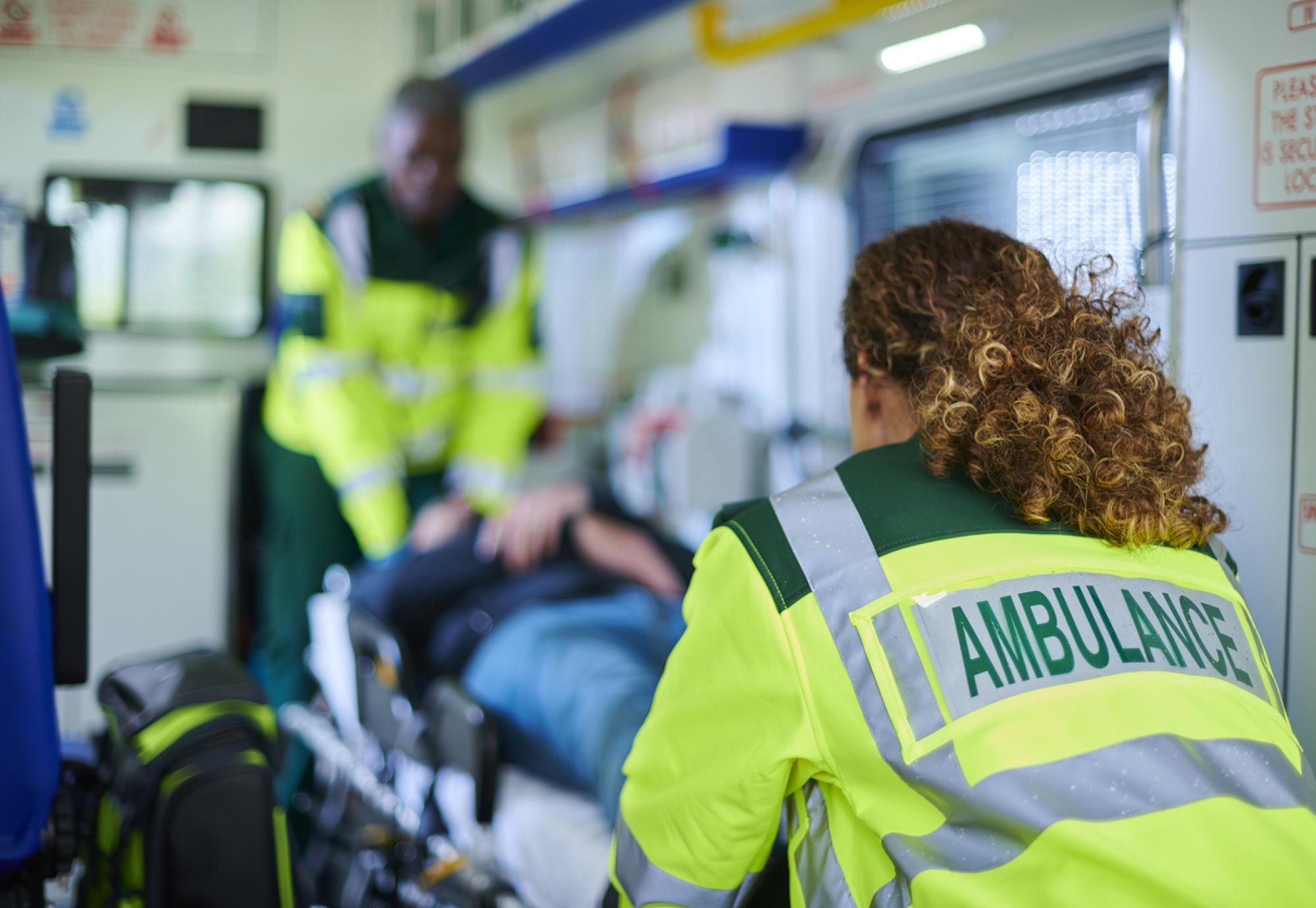As the ongoing industrial action continues today, the NHS has issued a plea to the public asking them to call 999 in life-threatening emergencies and the 111 line for non-urgent healthcare needs.
The health service has bore the brunt of the biggest strike action in its history this week, with some of the latest data indicating that more than 40,000 hospital appointments were rescheduled last Monday and Tuesday alone.
Nurses at 73 English trusts took part in industrial action on Monday and Tuesday, with physiotherapists participating yesterday, and ambulance workers again today.
Despite this and the last few months’ disruption, the NHS has still managed to reduce ambulance waiting times and cut some of the backlog.
This is because the health service has prepared “extensively” for the strikes, with 24/7 control centres, expanded bed capacity, extended mental health support, and improved community falls services already in line to deal with the extra demand.
NHS Medical Director Professor Sir Stephen Powis said: “NHS staff have made incredible efforts to keep critical services running as best they can, but the reality is that today’s strike comes at the end of the biggest industrial action in the history of the NHS, and there has been little time to recover between strikes.
“We are incredibly grateful to the public for their care in how they use the health service during strike days, but we are seeing demand rising compared with previous days of industrial action.
“Disruption is inevitable, however it is vital that people do not put off seeking care and dial 999 in a life-threatening emergency and come forward for treatment using 111 online for non-life threatening care, as well as using local pharmacies or General Practice.
“Anyone with an appointment should continue to attend as planned unless they have been contacted to rearrange.”



















